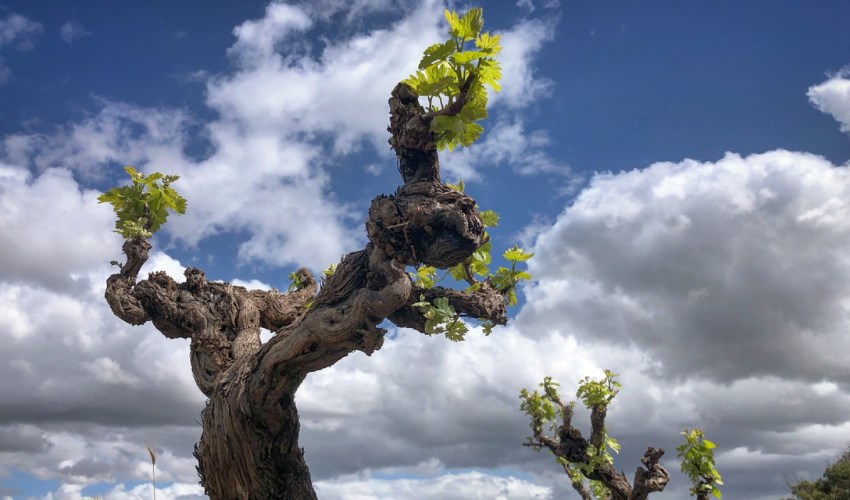
In 2002, inspired by the old vines she had seen on a trip to Europe, Rosa Kruger decided to seek out and try to save South Africa’s oldest vineyards. Twenty years later, the drive to record and preserve these vinous veterans has grown into a global movement, with her efforts widely regarded as an exemplar.
Kruger officially launched South Africa’s Old Vine Project in 2016, supported by sponsorship from the billionaire industrialist Johann Rupert. Within two years, it had launched a pioneering ‘Certified Heritage’ seal to authenticate wines produced from vines of 35 years or older. It’s still the only such scheme in the world. The seal, made possible by detailed planting data, has created an eye-catching new indicator of provenance to encourage drinkers to engage with the preservation of older vineyards.
"When we pull out old vines we are pulling out livelihoods, not just our viticultural heritage," says project manager André Morgenthal, who works alongside Kruger. "What we are trying to do is to save our old vines, but also plant to grow old so we can have a sustainable model of viticulture to keep our vineyards, our growers and our workers in business."
Morgenthal says that the certified heritage seal also guarantees authenticity and traceability. "Our planting records go back to 1900 … nobody else has got that sort of data. It’s not just a romantic story, it’s fact."
South Africa has around four thousand hectares of vines officially classified as at least 35 years of age, with the oldest, Cinsault, already in the ground when the record-keeping began. The Old Vine Project seeks to identify such vineyards to encourage their preservation through classification, while also promoting best practice for vineyard management, such as specific pruning techniques.
"Dealing with old vines is like dealing with an old people’s home. The pill box at 6 o’clock in the evening looks different for each resident and each vine is different," says Morgenthal. "We’re not really pruning anymore, we’re sculpting."
Old vines aren’t just helping local vineyard hands learn new ways of working, they’re also a vital barometer within the context of the climate crisis
These plants aren’t just helping local vineyard hands learn new ways of working. They are also a vital barometer within the context of the climate crisis. "We are facing climate change [so] we are learning through research why those vineyards have been surviving there," says Morgenthal.
Click HERE to read the full article.